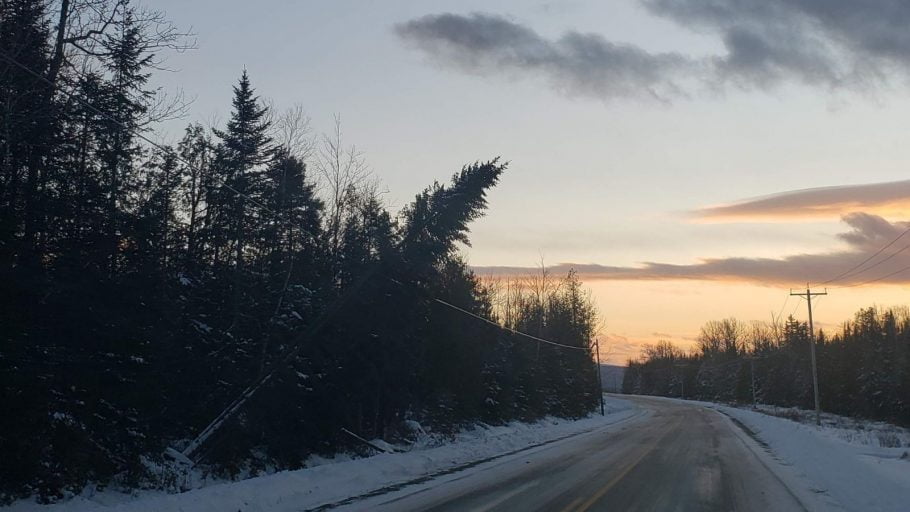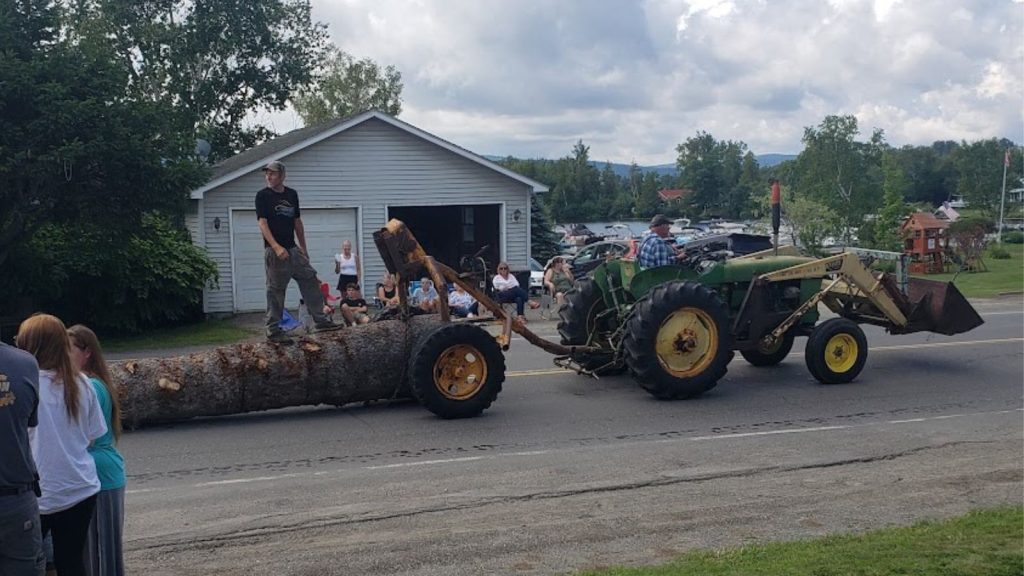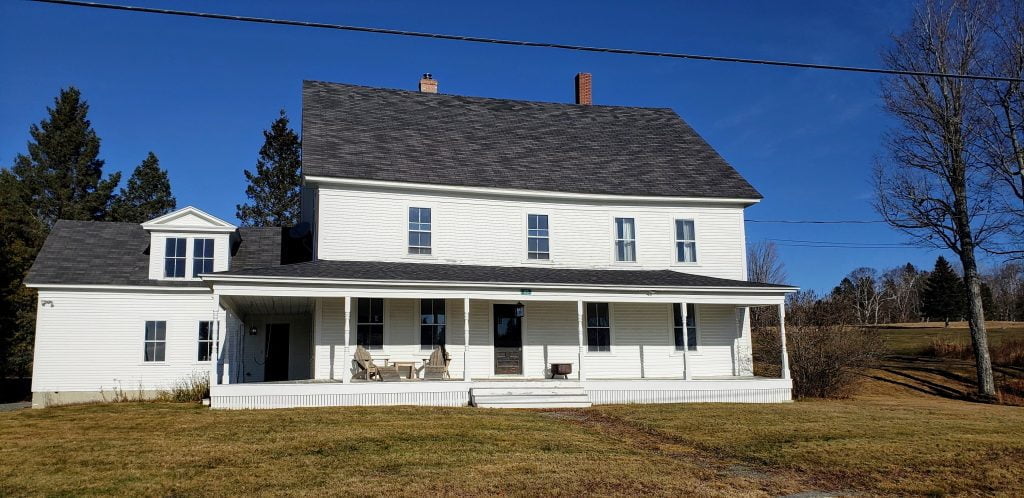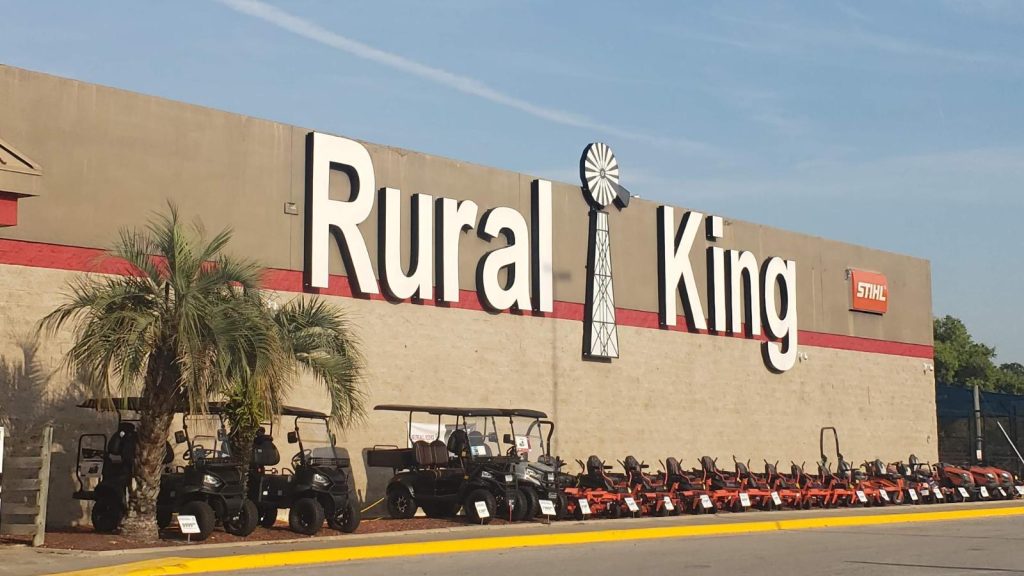Living in a rural area can be a great experience, but it can change significantly when large numbers of guests come to rural areas. You enjoy the benefits of wide-open spaces and plenty of quiet, but it also means you must be prepared for visitors. When guests come to rural areas, they bring with them their own set of challenges.
From accommodating visitors’ needs to dealing with the inevitable chaos that comes with an influx of guests in rural areas, understanding how to prepare for visitors is key to keeping everything running smoothly.
1. Why You Need To Plan When Epic Guests Come To Rural Areas
From having less food available at the grocery store to less bandwidth available for your internet services, your life could be turned upside down.
We had an influx over the Christmas and New Year’s holidays in our town last year. Not only did we experience an influx of people, but we also had a snow and windstorm that took down many trees in the area just before Christmas. Many were left without power for days afterward.
Some of our neighbors tried to shop at the local market only to find that there were no vegetables or fruit left.
Others had to go days without power, and for those with wells, that may mean no water as well. Some had to go to warming centers or stay with other family or friends nearby.
It’s a great reason to plan before traveling or living in a rural area that tends to receive a lot of visitors during certain times of the year.
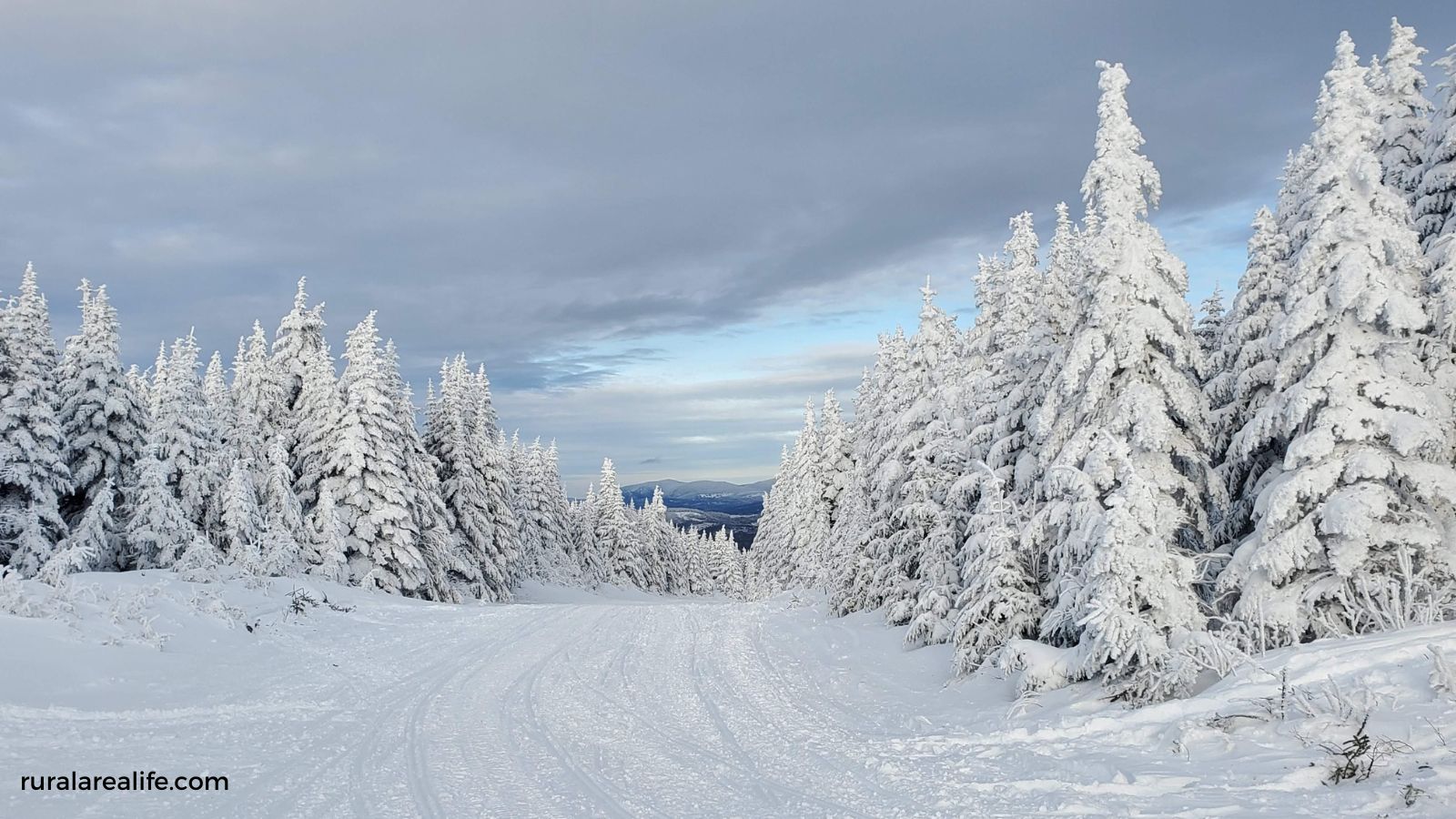
2. Planning For Your Guests That Come To A Rural Area
The first step in preparing for visitor takeovers is planning. Think about what services and amenities your guests will need during their stay—from grocery stores and gas stations to restaurants and other attractions.
Having the right resources available will help ensure that your guests who come to rural areas are comfortable throughout their stay.
Even if they are not staying with you, you’ll need extra things as they may not be available while many guests come to rural areas to visit others.
Even if they are not staying with you, you’ll need extra supplies, as many of the essentials may not be available, since many guests come to rural areas to visit others.
Additionally, ensure you know who will be responsible for providing any necessary services or supplies, so you are not scrambling at the last minute for yourself or others.
3. Accommodating Different Needs Of Guests In Rural Areas
When visitors come to your rural area town, they may have different needs than what residents typically experience daily.
For example, if many of your guests come from other cities or countries, they may not be familiar with driving in rural areas or understand local customs and laws.
Make sure you are prepared by having information on hand about local roads and highways, as well as local customs and regulations, so that everyone feels safe and comfortable during their stay.
4. Preparing For Emergencies When Guests Come To Rural Areas
Finally, it’s essential to remember that emergencies can occur anywhere, at any time—even in small towns. Be sure to have emergency plans in place before your guests arrive, so that if anything does happen, you know exactly what steps to take.
Additionally, ensure that all necessary medical supplies, equipment, and food are easily accessible in case they’re needed during an emergency.
Not only do you need to ensure you have this information for your guests, but also for their pets when visiting your rural area.
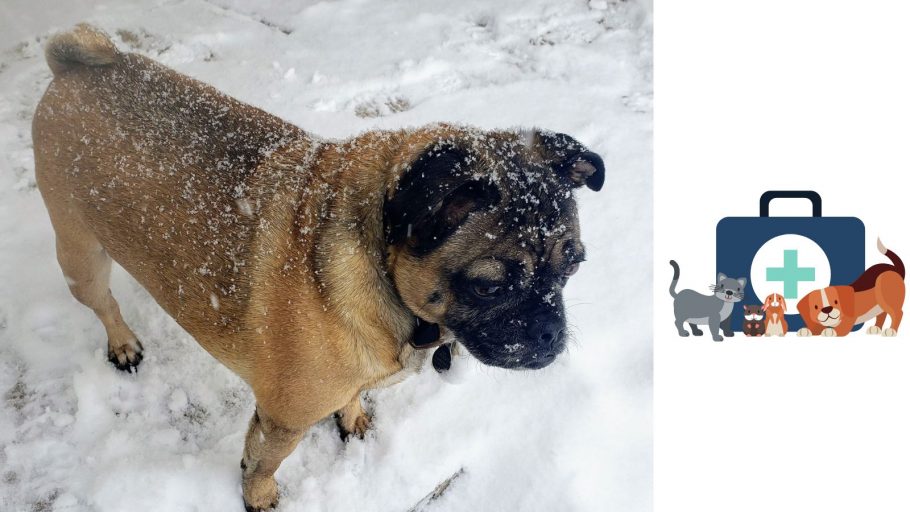
We all saw what happened in Buffalo, New York, around that same time. Your safety and life could be in danger if you are not well prepared during extreme weather conditions.
5. Provide Information About Rural Local Attractions
If you want your visitors to explore all that your town has to offer, ensure they are aware of the available attractions.
Create a list of local businesses and attractions that they can visit while they’re in town. Furthermore, you could share a community newsletter with them with more details. Include information about restaurants, parks, museums, historical sites, and other points of interest in your area.
You should also provide directions or contact information if necessary, so that visitors don’t get lost or have difficulty finding what they’re looking for. Cell service may not be plentiful in many rural areas of the country.
Lastly, you could have a cabinet full of games or puzzles if the weather is too frightful for your guests who come to rural areas and want to stay indoors.
Conclusion Of When Guests Come To Rural Areas
Living in a rural area can be peaceful and serene, but unpredictable visitors can quickly turn things upside down! Whether new arrivals are coming from near or far away destinations, being prepared is essential when guests come to your rural area and takeovers occur.
By planning, accommodating different needs, and preparing for emergencies accordingly, you can keep things running smoothly, regardless of who shows up. Are you ready for the next time guests come to the rural areas near you?
FAQs: Handling Crowds in Rural Communities
How can I make sure there’s enough parking for everyone?
Watch your space fill up fast. If fields or lots are open, mow them down and mark parking spots with flags or cones. Ask neighbors if you can use their fields or driveways. Install easy-to-read signs so no one gets lost or blocks a road.
What’s the best way to handle food and drink for large groups?
Think simple, hearty meals that travel well, like sandwiches or casseroles. Ask guests to bring a dish if you know them, and have a few coolers on standby for drinks and perishables. A local food truck can be a big help if you expect more people than you can cook for.
How do I keep bathrooms clean and available?
When your bathroom count runs low, you could rent portable toilets. Place them where folks can find them, but not too close to eating areas. Keep hand sanitizer handy. Stock up on extra toilet paper and cleaning supplies.
What steps help avoid traffic jams on small roads?
Let guests know where to turn, park, and wait when driving. Send them clear driving directions before the event. Then, mark routes with signs or balloons. Get volunteers to direct cars during the busiest times.
How can I keep neighbors happy when guests overflow?
Talk to your neighbors early. Let them know the day and time of your big event. Share your plan for parking, noise, and clean-up. Offer to help mow the lawn or fix anything after the guests leave.
What’s the best way to keep supplies from running out?
Write a checklist a week ahead. Stock up on drinking water, ice, plates, napkins, and trash bags. Ask a friend to check supplies halfway through the event so you can restock before there’s a problem.
What can I do if the weather gets bad?
Keep an eye on the forecast a week before the event and every day. Set up shelters such as tents or a barn in case of rain. Mark a safe spot guests can go if a storm hits. Have extra umbrellas and clean mats for muddy shoes.
